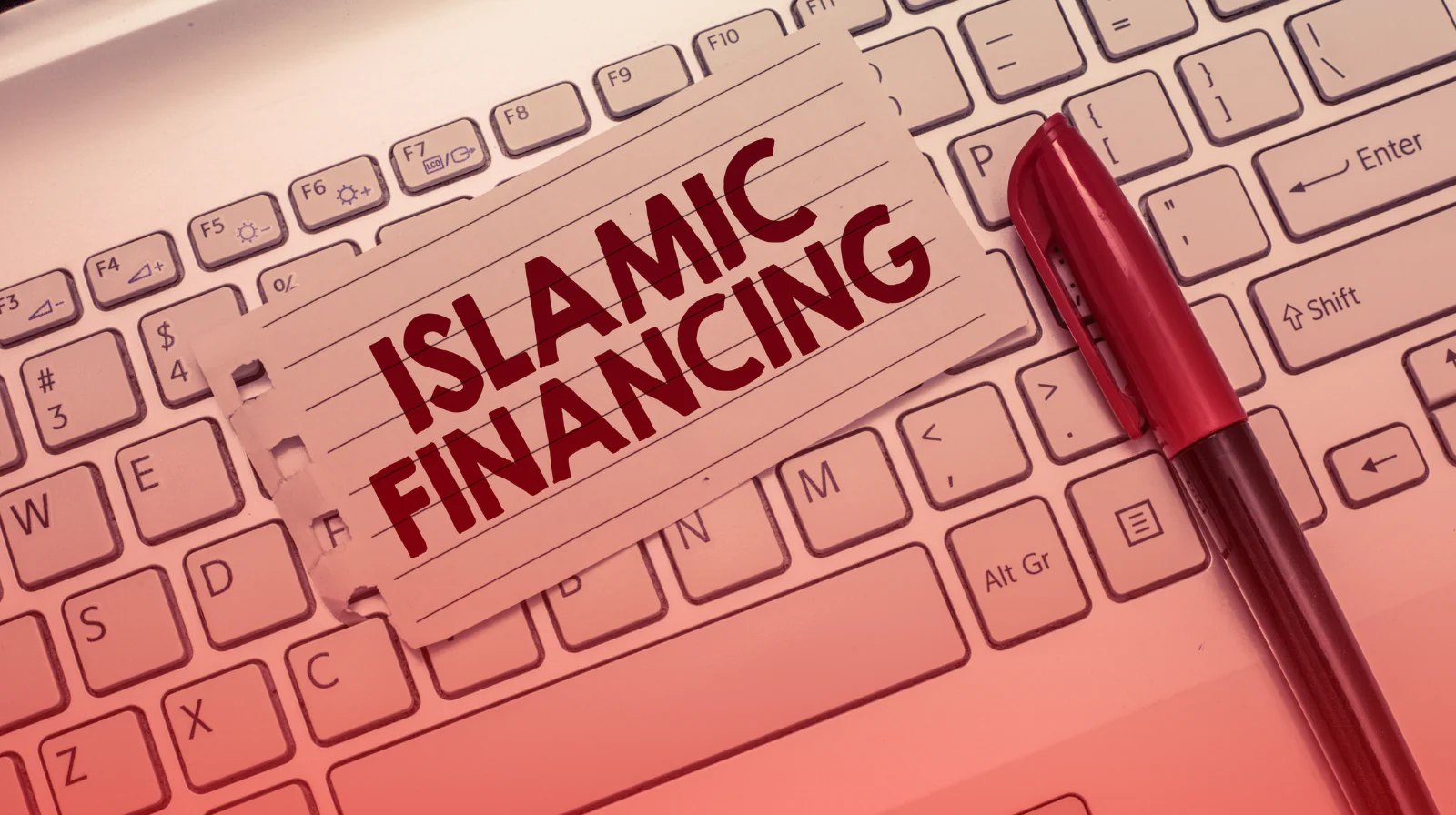How Sharia-Compliant Home Financing Works
Buying a home is a significant milestone in life, and finding a way to finance it that respects your values and faith can make this milestone even more meaningful. If faith or fairness matters to you, Sharia-compliant home financing might be just what you need. Let’s explore what sets Islamic financing apart, why it attracts more than just Muslim buyers, and how banks like FAB Islamic, ADCB, and other banks are making the process easier and more transparent than ever.
What’s Different About Sharia-Compliant Financing
Under Islamic law, earning or paying interest (Riba) is a no-go. That’s where Sharia-compliant financing steps in, with a structure built on ethics, not interest. Instead of borrowing money and paying it back with added interest, you work with the bank on a profit-based agreement that shares risk and ownership.
Here are the main features that ensure home financing remains Sharia-compliant.
- No Interest Charges: The fundamental principle is that no interest is charged on the financing. Instead, banks may add a set profit to the property price.
- Asset-backed Financing: The financing must be tied to a tangible asset or property. This means that the financing is not simply a cash transaction but rather relates to the actual purchase of a home.
- Profit Sharing: Instead of traditional interest payments, the lender and borrower may enter into profit-sharing agreements where both parties share risks and returns.
- Ethical Investment: The home financing should not be used for anything that contradicts Islamic principles, such as purchasing properties for gambling, alcohol, or other haram (forbidden) activities.
- Transparency: Clear disclosure of terms and conditions, including costs and profit margins, ensures both parties understand their obligations.
Types of Islamic Home Financing Structures
Islamic financing may sound complex, but once you understand the different models, it’s refreshingly straightforward. Here are three popular structures:
- Ijara (Lease-to-Own): This is like leasing, where the bank purchases the property and leases it to the borrower. Eventually, the borrower will own the property.
- Murabaha (Cost-Plus Financing): The bank buys the property and sells it to the borrower at a higher price, which is paid back in installments.
- Musharakah (Partnership): This is a partnership model in which the lender and borrower jointly own the property, and the borrower gradually buys out the lender’s share over time.
Each of these models works differently, but they all aim to offer a fair and faith-friendly path to homeownership.
Difference Between Islamic and Conventional Mortgages
One of the main differences between Islamic and conventional mortgages is how they are structured. Conventional mortgages involve borrowing money with interest, which is not allowed in Islamic finance. Instead, Islamic home financing uses Sharia-compliant models like Murabaha, Ijara, or Musharaka.
In these models, the bank and the buyer work together to share ownership of the property, and the buyer gradually buys out the bank’s share. This shared approach helps distribute the financial risks, while conventional loans typically leave all the risks with the borrower. It’s a way to create a more cooperative and supportive financial experience!
This often means:
- Fixed, predictable payments with no surprise interest rate hikes.
- No prepayment penalties in many cases, so you can pay off early without being punished for it.
For people juggling financial uncertainty or those who simply want more ethical banking practices, that’s a big deal.
Benefits of Choosing a Sharia-Compliant Mortgage
Sharia-compliant home financing provides several advantages, particularly for individuals who want their financing to align with their religious values or prioritize ethical and transparent financial practices. Here are some key benefits:
- Sharia Compliance: The primary advantage is adherence to Islamic principles, which allows individuals to buy a home without participating in interest-based contracts.
- Ethical Financing: These mortgages emphasize fairness and transparency. They typically avoid hidden fees and ambiguous clauses, fostering trust between the lender and the borrower.
- Stable payments: With fixed profit margins instead of fluctuating interest rates, payments tend to be more stable and predictable, making it easier for buyers to budget and plan their finances.
- Flexible Terms: Many Sharia-compliant products provide flexible repayment plans, making them adaptable to various financial situations and personal needs.
Which Banks Offer Sharia-Compliant Home Financing in the UAE?
Several banks in the UAE offer Sharia-compliant home financing solutions tailored to both Muslim and non-Muslim residents. Here are some of them:
- FAB Islamic Home Finance: Through its dedicated Islamic division, First Abu Dhabi Bank provides Islamic home financing based on Murabaha and Ijara models. Customers benefit from flexible payment terms and competitive profit rates, all while staying true to Islamic finance principles. If you live in the UAE, already own a home, or are looking to buy your first one, FAB Islamic has got some great options for you. They’re designed to fit your needs while still respecting your values.
- Dubai Islamic Bank (DIB): DIB is a major player in Islamic banking and offers a full suite of Sharia-compliant mortgage products.
- ADCB Islamic Banking: Another trusted name offering various Sharia-approved mortgage solutions.
Whichever bank you choose, always verify that they’re registered with the Central Bank of the UAE. That adds another layer of security and peace of mind.
And before signing anything, take a minute to compare options and read the fine print. Because when it comes to something as big as a home finance, the little details matter.
